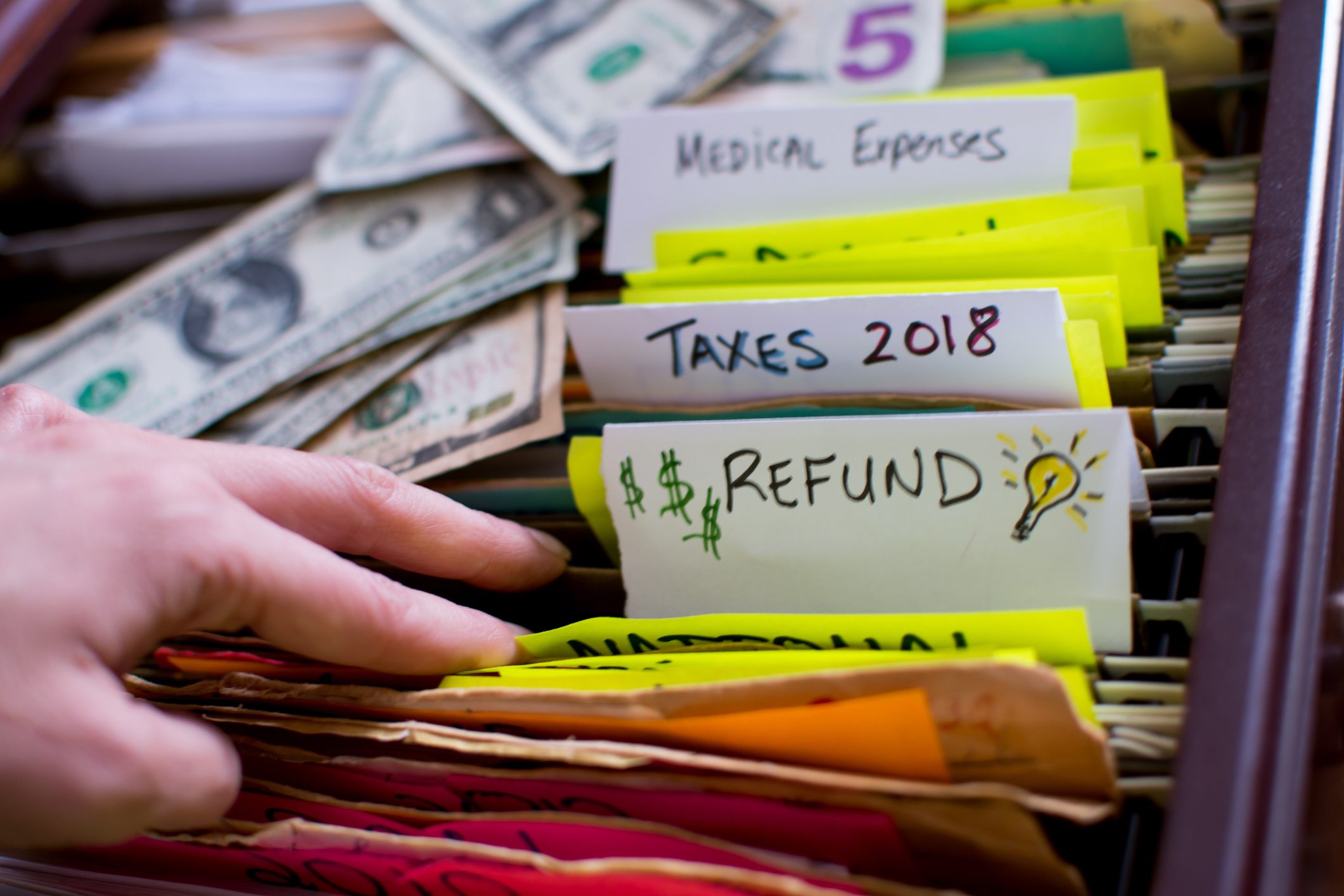Tax time tips in a COVID-19 year

The ATO has sophisticated data analytics and artificial intelligence to determine whether what you have declared in your tax return is correct, says Associate Professor Ken Devos.
In summary
- There are changes and particular focus areas for the Australian Tax Office (ATO) that taxpayers should be aware of, says Associate Professor of Accounting Ken Devos
- He shares insights relating to claiming deductions and the ATO’s focus on cryptocurrency gains and losses
- Associate Professor Devos is an expert in taxpayer compliance, tax administration, tax evasion and tax policy
In a unique year brought about by the COVID-19 pandemic, Swinburne Associate Professor of Accounting Ken Devos, says taxpayers should be aware of some changes and particular focus areas for the Australian Tax Office (ATO) for the 2020-2021 financial year.
‘The ATO has very sophisticated data analytics and artificial intelligence which draws information from a wide range of sources in determining whether what you have declared in your tax return is in fact correct,’ he says.
He shares some insights and advice for anyone completing a tax return.
Claiming home office expenses
The ATO will be on the lookout for those claiming home office expenses this 2020-21 tax year, says Associate Professor Devos.
There are three methods to claim a deduction:
- The standard rate method of 52 cents per hour
- The shortcut method of 80 cents per hour
- The actual expenses method which requires you to keep records
‘While the first two methods only require a timesheet of hours to be kept and are simpler to calculate, the actual expenses method may give a more accurate and larger claim,’ he says.
‘Taxpayers will have the choice of calculating expenses using three methods and then choosing the one that provides the greatest deduction, so it may pay to check all.’
The ATO will increase its focus on cryptocurrency gains and losses
Cryptocurrency are becoming an increasingly attractive form of investment. Associate Professor Devos says taxpayers must realise that the ATO is paying more attention to ensure that taxpayers do the right thing in declaring any capital gains or losses from this kind of trading, just like with shares. He says the ATO will have access to records relating to approximately 400,000 to 600,000 individuals to ensure compliance.
Director of Swinburne’s Master of Financial Technologies Dr Dimitrios Salampasis agrees, saying cryptocurrencies and cryptoassets gains and losses have long been kept invisible from the monitoring of the ATO.
‘The recent announcement places cryptocurrencies and non-fungible tokens in the spotlight. There is a lot of work required to put in place harmonised regulatory, taxation and audit provisions to ensure that cryptocurrency and cryptoassets investments and trading are equally considered as part of tax obligations and are taxable transactions. Connecting the digital world of crypto with real world assets requires diligent crypto compliance and cannot be ignored any longer,’ says Dr Salampasis.

Associate Professor Ken Devos is a lecturer in accounting and taxation courses and is an expert in taxpayer compliance, tax administration, tax evasion and tax policy.
The ATO expects travel and car expenses to be less
With people travelling less because of lockdowns and the rise of working from home, the ATO expects travel and car expenses to be less, says Associate Professor Devos.
‘If using the set rate for car expenses, the number of business kilometres travelled multiplied by the flat rate of $0.72 p/km can be claimed if under 5,000 kms, or the actual expenses method based on keeping a logbook for 12 weeks.’
The ATO expects self-education expenses to increase
As people have spent more time at home, there has also been an increase in self-education expenses, says Associate Professor Devos.
‘If claiming self-education expenses these must connected to your current employment and the first $250 of the claim will be disallowed as a prescribed course of education for the 2020-2021 tax year.’
-
Media Enquiries
Related articles
-

- Business
- Technology
Swinburne’s Luminate Pitch Night 2024 advances innovative ideas for a better world
Swinburne’s 2024 Luminate Pitch Night showcased market-ready ideas from 10 founders
Wednesday 12 June 2024 -

- Social Affairs
Swinburne is committed to reconciliation “Now More Than Ever”
Swinburne held events across our three campuses to mark National Sorry Day and National Reconciliation Week.
Friday 31 May 2024 -

- Social Affairs
Landmark Swinburne study exposes ongoing discrimination and homophobia
More than half of LGBTIQA+ young people in Australia have witnessed discrimination in community-based sport, according to a new Swinburne University of Technology study.
Friday 17 May 2024 -

- Technology
- Business
Swinburne's Venture Cup unveils pioneering startups as entrepreneurs take centre stage
Swinburne University’s annual Venture Cup pitch night shines a spotlight on remarkable startups by students, staff and alumni.
Thursday 11 January 2024 -

- Business
Is linking time in the office to career success the best way to get us back to work?
In what some employees consider an aggressive move by their bosses to get them back where they can be seen, some companies are now linking office attendance to pay, bonuses and even promotions.
Monday 22 January 2024

